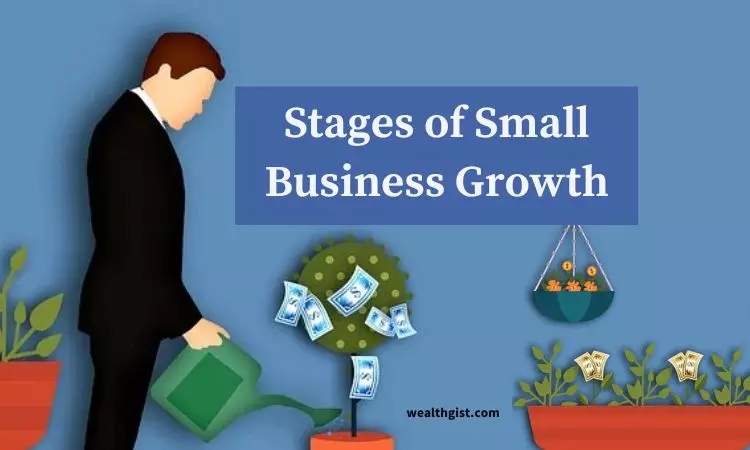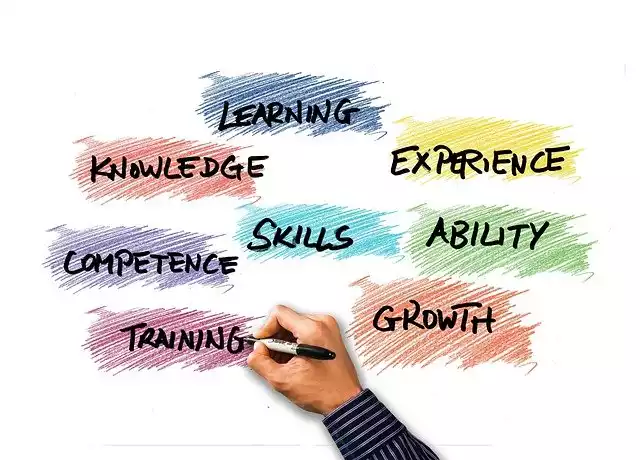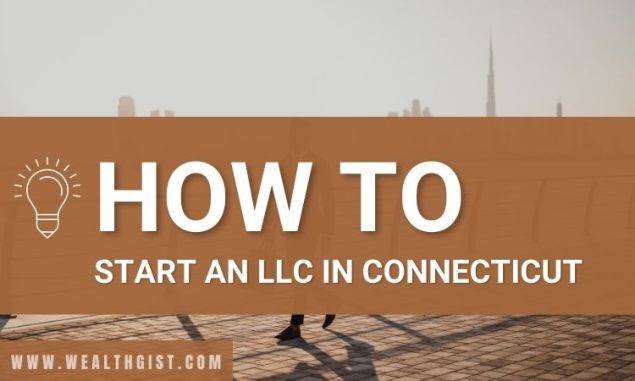Running a small business is a lot of work, but it is rewarding once you start to see success.
However, as your small business starts to grow, this can bring in new challenges that can make your first growth phase just as demanding as starting your business was in the first place.
Here we look at some of the Stages of Small Business Growth and things you’ll need to consider.
These may not all apply to every type of small business, due to the huge variety of different things you can do as a small enterprise, but some or all are likely to be things you will encounter as you start to gain traction in your chosen industry.

1. Staffing
Many small businesses start with the business owner wearing a lot of hats. In fact, you may even have been doing everything yourself up until now, or just working with one or two trusted partners.
As the business starts to grow, you may find it is more cost-effective to hire other people for various tasks. A salesperson may help you bring in even more new business and build on your momentum. An administrator may take a lot of things off your hands and allow you to focus on running the business.
A receptionist may allow you to stop being the only point of contact for every client. Or you may just need more hands on deck to provide your services or make your products.
Of course, as you start recruiting people, this will change your budget. It may also require you to provide office space and will even mean changes to things like your insurance for small businesses. The insurance you need when you first start up will be different from what you need as you grow, especially if you take on more people who will require workers’ compensation insurance.
An insurance for small business policy is scalable, so you should have no trouble modifying your package if you bring on board more employees or move locations to cope with growth, but this is something you’ll need to address and account for in your budget as things change.
2. Outsourcing
For some tasks, it may be a better option to outsource rather than hire. There may be things you need but can’t justify a full or even part-time employee to do, but you no longer have the capacity to do yourself.

There are plenty of companies that can offer outsourced telephone answering, tech support, and other services you might want to consider.
Looking into whether outsourcing some functions could ease the load in a more cost-effective way than hiring can be a very good idea at this stage in running your business.
As well as outsourcing to companies, you can also consider outsourcing to individual freelancers. These can be found for all kinds of things, from marketing and content creation to coding and web design.
3. Software and Processes
Often, when a small business starts up, not much thought is put into business processes as so few people are involved that generally solutions are found just using spreadsheets and email.
However, as your business and customer base grows, the basic business processes you started out with can quickly become very inefficient and lead to a loss of productivity.
At this point, you may want to both revise your processes and look into investing in software appropriate to the type of business you run.
Often, the two go hand in hand as most software suites designed for specific types of business bring in workflows that you can adopt, taking a lot of the work out of designing efficient processes for your business yourself.
4. Marketing
When growth is happening, you may want to consider what to do about your marketing. If you’re in a good position to handle more orders or work, then you may want to ride the momentum and step up your marketing.
Perhaps even venturing into new marketing tactics to reach even more people. However, if you’re struggling with the current growth, you may want to scale marketing down while you make some of these changes, ready to ramp it up again when you’re equipped to take on more business.
It’s hard to turn down business, so if you feel that you’re at capacity, then dial down marketing while you scale up your operations.
5. Location
Since COVID changed the way we tend to work forever, it could well be that any new staff you take on can work remotely and you won’t need a change of location if you mostly work from an office. Business location is a factor every serious entrepreneur takes seriously
However, if you have something like an e-commerce business, you may need to consider a new or extra location for warehousing. Alternatively, if you run a brick-and-mortar business, you might want a larger or secondary branch at this point in your company’s growth.
As mentioned with staffing, changes to your location will also mean changes to your insurance, so make sure you look into this while you’re investigating potential new sites.
6. Investment
You may find that, following your current growth, your company is more appealing to investors, or more eligible for things like business loans.
This can be worth considering given the things you may need to do to move forward will all cost money. And yet, if projections are showing you’ll lose out on growth if you don’t scale things up, it’s generally going to be worth spending it.
There are more options for business finance than we can really go into here but consider that sometimes it is necessary to use some form of financing during a growth phase.
Wrap Up
These are just some of the many things to consider as your small business begins to take off. If you need to, it can also be a good time to do some extra reading on things like management and strategy and talk to a business mentor if you have access to one.
It can be a hectic and frenetic time, but an exciting one. Good luck in taking your small business further!









